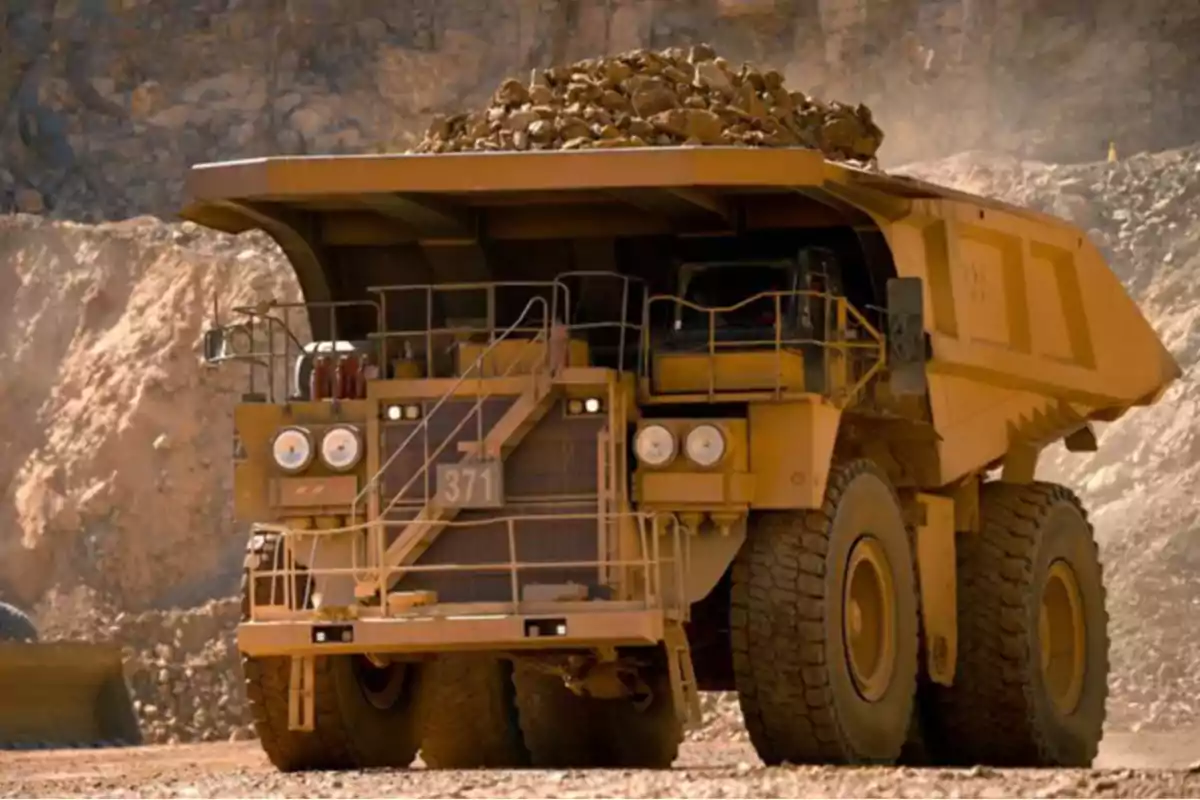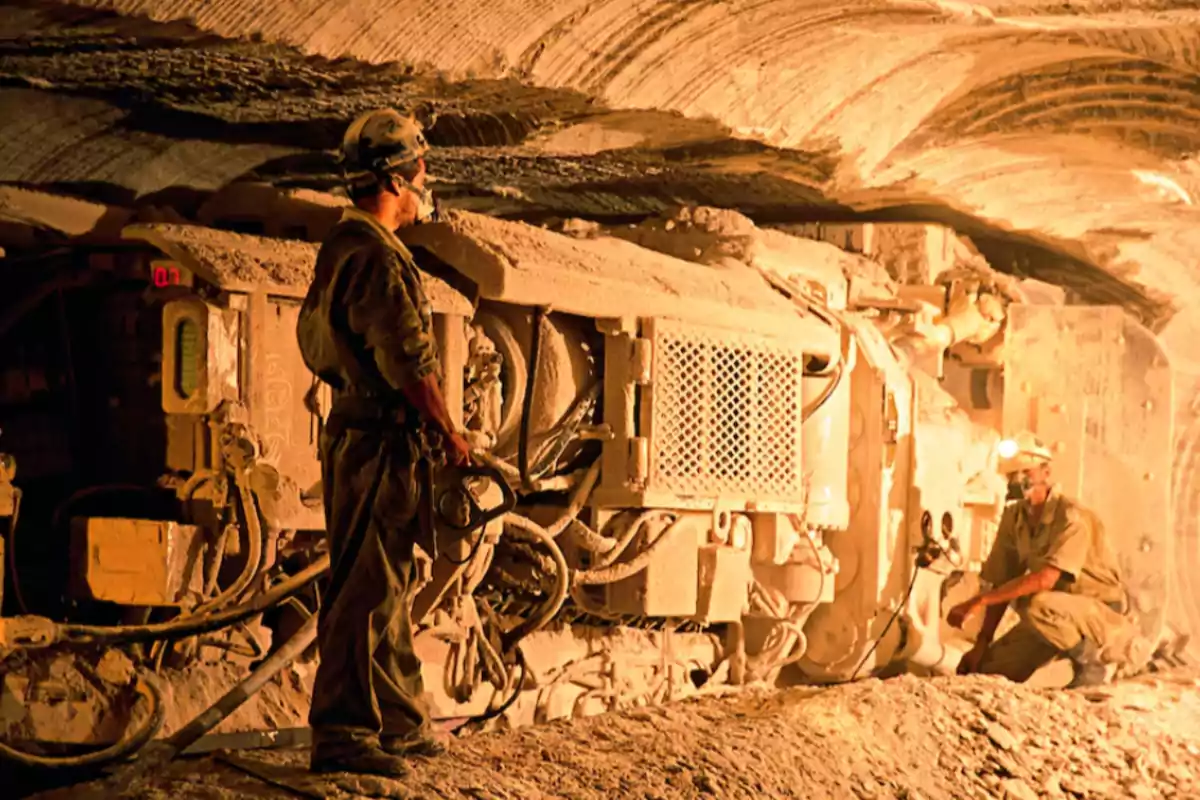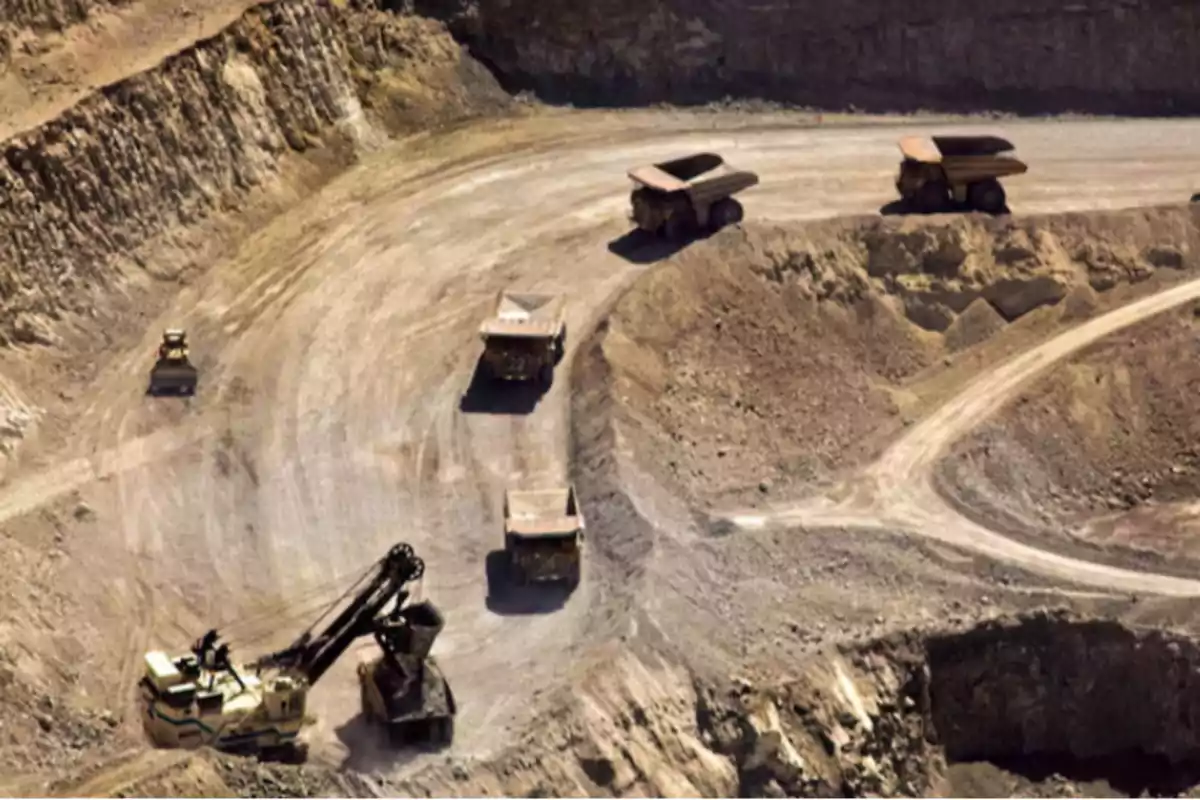
Withholding taxes on minerals, iron, and metals are eliminated to boost investment
The measure was made official in the Official Gazette and applies to key products in both metallic and non-metallic mining
The national government has formalized the elimination of export duties for products from the mining sector, including minerals, iron, and metals, with the aim of promoting economic activity, encouraging investment, and increasing employment. The measure was published this Thursday through Decree 563/2025 in the Official Gazette.
The regulation establishes that the Export Duty (E.D.) rate for goods included in the tariff positions of the Mercosur Common Nomenclature (M.C.N.) will be 0%. Among the products covered are those from non-metallic mining, metallic mining, application rocks, fuels, and precious or semi-precious stones.
Decree limiting copper exports repealed
Together with this resolution, Decree 308/2022, which regulated the optional registration of copper exports, was repealed. According to official sources, the objective is to remove obstacles that hinder the development of new productive projects in the country.

The official statement emphasized that this decision aims to ensure the highest possible added value within the country, generate national employment, and strengthen local production chains. The intention to continue with administrative simplification, reduction of tax burdens, and attraction of capital without compromising fiscal balance was also highlighted.
Export potential and international context
Government officials stated that mining represents a strategic source of economic growth and has a strong direct and indirect impact on employment. In fact, they indicated that 80% of the export capacity of provinces such as Jujuy, Santa Cruz, San Juan, and Catamarca is linked to this sector.
In the global context of energy transition, Argentina seeks to position itself as a relevant supplier of strategic resources. With abundant reserves and favorable geological conditions, the country aims to reach standards similar to economies where mining accounts for up to 10% of GDP.
Agricultural projections after similar measures
Meanwhile, the Rosario Board of Trade (BCR) published a study estimating that, after the reduction of export duties and the narrowing of the exchange rate gap announced in April, agricultural production could increase by 13 million tons in the coming years.

The research, based on the Agmemod model, projects that the cumulative value of agricultural production would reach USD 28.8 billion by 2035. The partial liberalization of access to the foreign exchange market and the reduction of export duties—corn, wheat, barley, soybeans, sunflower, and derivatives—would boost investment in the sector.
Boost to exports and employment
The government anticipates that the elimination of mining export duties will increase the country's export capacity, improve its positioning in international markets, and attract new investments.
Furthermore, the sector's growth is expected to result in more employment, without substantially affecting fiscal revenue.
More posts: